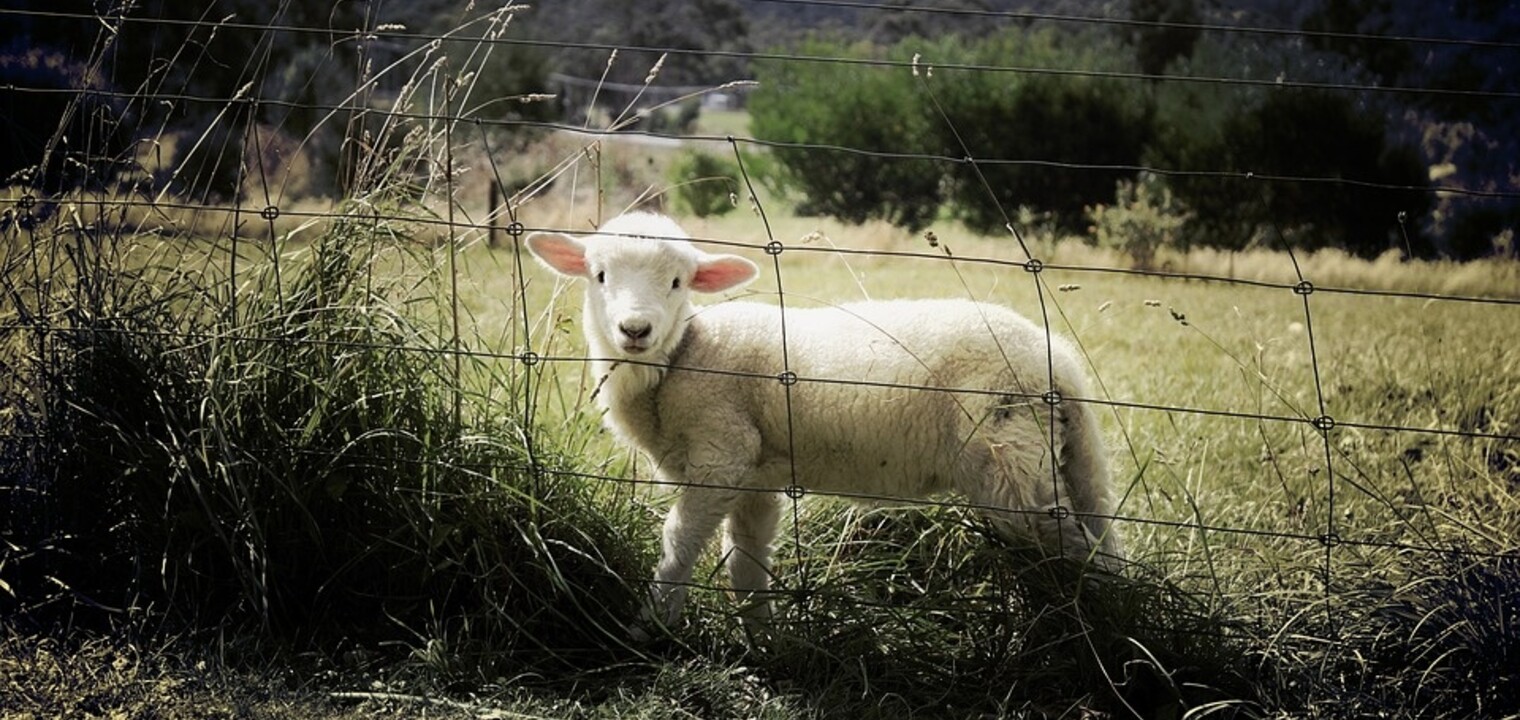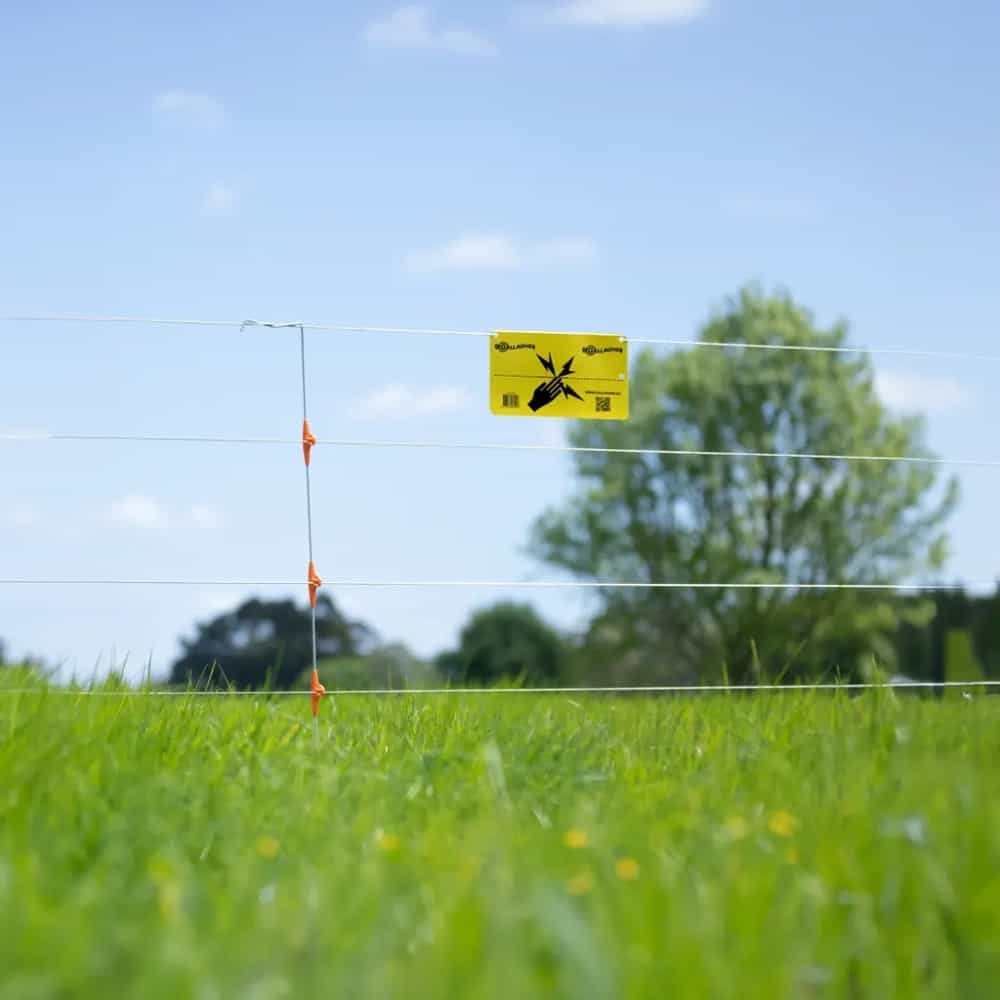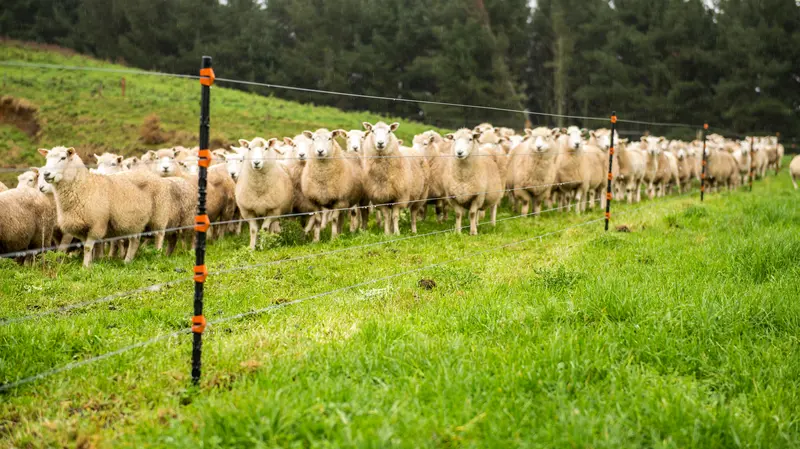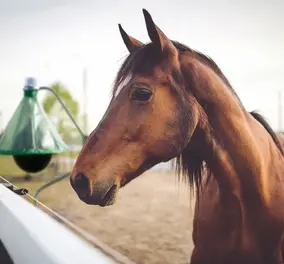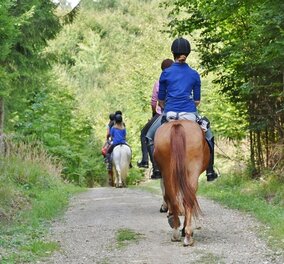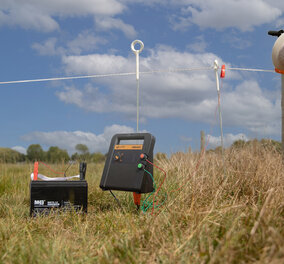The NSA (National Sheep Association) is launching a new survey to assess and gain up to date insights on the severity and impact of sheep worrying on the UK sheep industry. We think this topic is often misunderstood and we would therefore like to shine a light on their efforts for more research. Sheep worrying has been a significant concern for farmers and rural communities across the UK. The term refers to situations where dogs chase, attack, or stress sheep, often resulting in severe injury, death, or trauma to the flock. It is not only a devastating issue for farmers but also has serious legal implications for dog owners.The NSA is requesting anyone previously affected by this issue to complete this year’s survey to get a better understanding of the current situation.
What is considered sheep worrying?

Sheep worrying encompasses various harmful behaviors by dogs, including chasing, biting, barking or attacking. This behaviour causes stress due to the psychological trauma of the attack. This can impact the health and reproduction of the sheep, which is often not taken into account enough. So to clarify, sheep worrying is not limited to direct attacks—stress caused by proximity or persistent barking can also fall under this category.
If a dog is caught worrying sheep, the consequences can be severe. Farmers have the legal right to protect their livestock, which may include shooting the dog if necessary. However, this must be a last resort, and incidents should be reported to the police immediately. Dog owners are held accountable for damages caused by their pets. In severe cases, dogs may be confiscated, and owners may face fines, compensation claims, or criminal charges.
Sheep Worrying Laws in the UK
In the UK, laws regarding sheep worrying are designed to protect farmers and livestock from dogs. England and Wales: The Dogs (Protection of Livestock) Act 1953 makes it a criminal offense for dogs to worry livestock. Farmers are legally allowed to protect their animals, even to the extent of shooting a dog in the act of attacking, if deemed necessary. Dog owners may face fines, compensation claims, and criminal charges. Additionally, the Animals Act 1971 allows farmers to seek compensation for damages caused by sheep worrying. In Scotland the law is governed by the same Dogs Protection of Livestock Act, but it has been amended by the Dogs (Protection of Livestock) (Amendment) (Scotland) Act 2021, which increases penalties. Fines can reach up to £40,000, and individuals can face up to 12 months in prison. The law also gives police the authority to seize dogs involved in such incidents.These laws hold dog owners accountable for preventing their animals from causing harm to livestock.
Ways to prevent sheep worrying
Install clear signs
We recommend sheep owners to use sheep worrying signs which clearly states sheep worrying is an offence. Or use visible and informative warning signs to alert walkers to the presence of livestock as the larger public might not even be aware of this. Or the sign should say, it's required to use a lead on your dog. We recommend placing these sheep worrying signs at field entrances and public paths to warn dog walkers of the presence of livestock.
Secure boundaries
We recommend using electric fences and gates around your flock to prevent dogs from entering fields. The minimum Height of an electric fence for most dogs should be at least 4 to 5 feet high. Dogs, especially larger or more determined breeds, can jump over lower fences. Increased. For breeds known for their jumping abilities (e.g., German Shepherds, Border Collies), the fence should be 5 to 6 feet high. This will help prevent them from clearing the barrier, even with a strong running start. Typically, an electric fence should have 3 to 5 wires for optimal effectiveness against dogs. The voltage should be high enough to create a shock that dogs will avoid, typically between 5,000 to 10,000 volts. However, it should remain within safe limits, ensuring the dog is deterred but not injured.
Report incidents
Report sheep worrying incidents to the police and keep detailed records of losses. This not only protects your animals, it is also crucial to prevent this happening again with other farmers. Often these dogs also harass other dogs or bark at people. So make sure to take action when incidents happen. For more advice, we recommend checking out the page with advice for farmers ragarding attacks.
Engage with communities
Often people do not realise the impact their dog might have on their surroundings. Especially when sheep naturally are sensitive and frightful to potential predators. It is therefore sometimes useful to educate local residents and visitors about the dangers of sheep worrying.
Sheep worrying is a preventable issue that requires cooperation between dog owners, farmers, and communities. By understanding the laws, respecting warning signs, and taking appropriate precautions, dog owners can help ensure the safety and wellbeing of sheep and other livestock. Farmers can support these efforts through education and proactive measures, fostering a culture of responsibility in the countryside. By working together, we can protect sheep from harm and create a safer environment for everyone.
FAQs about Sheep Worrying
Can a farmer shoot a dog worrying sheep?
Yes, under specific circumstances in the UK, a farmer is legally permitted to shoot a dog worrying sheep. This right is outlined in the Dogs (Protection of Livestock) Act 1953, which applies in England, Wales, and Scotland. Of course these kind of measures can only be used in serious incidents. So always look for other ways to resolve the incident first.
How to stop your puppy worrying sheep?
To stop a puppy from worrying sheep, always keep it on a leash or under control near livestock. Train the puppy with strong recall commands and reward calm behaviour around animals. Gradual socialisation with sheep in a controlled setting can reduce excitement or aggression. Never leave the puppy unsupervised near livestock.

Fencing Expert at Electric fence Online & Farmer
Stephen grew up on a farm and now runs a smallholding of his own in Devon. With a genuine passion for animals and the countryside, he enjoys sharing his experience and offering support to others on their farming journey.
